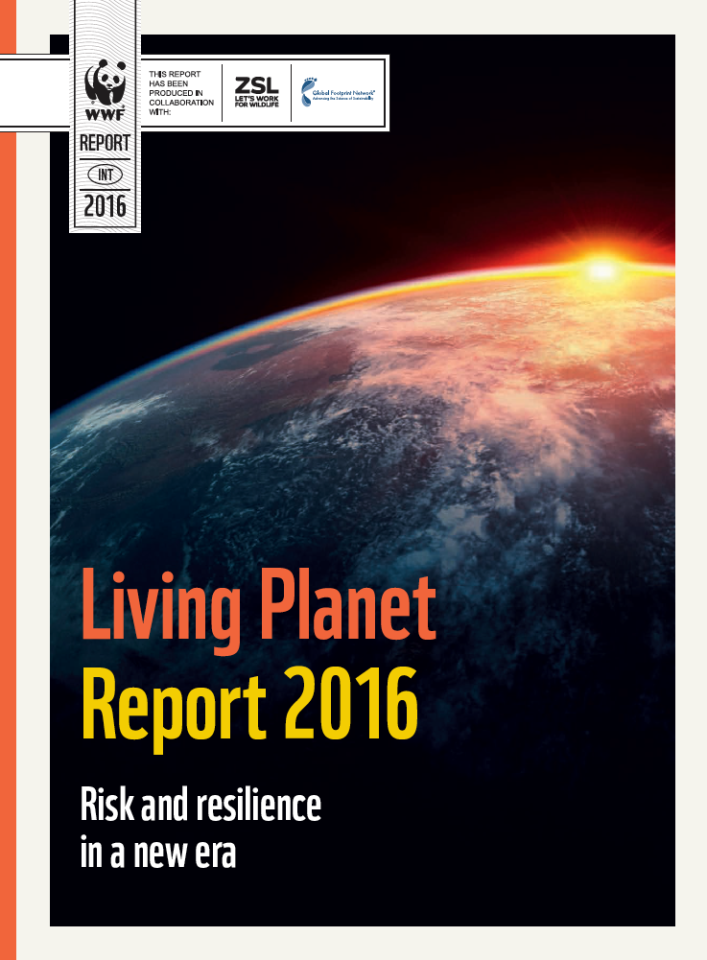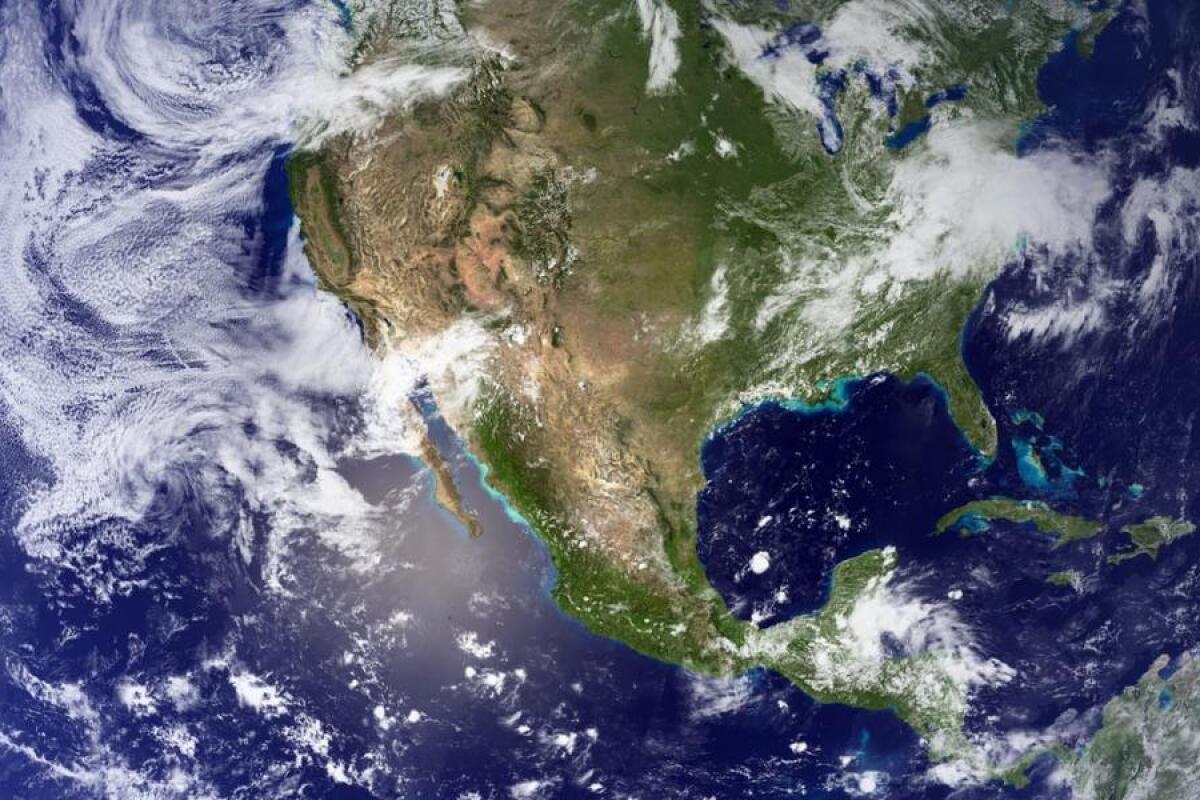By 2020, global wildlife populations could drop by as much as two-thirds as a result of human activity, according to a new report from the World Wildlife Fund (WWF). Indeed, the report suggests the period in which humans have been the dominant species on Earth could be viewed as the world's sixth mass-extinction event.
The Living Planet Report is a biennial publication that details the state of the planet and its implications for humans and wildlife. This year's report states that the number of vertebrates in the world fell by well over half between 1970 and 2012 and that, without intervention, the decline will continue, leading to up to 67 percent of all animals being gone by 2020.
In order to make its assessments, the WWF uses what it calls the Global Living Planet Index (LPI). This tracks the abundance of 14,152 monitored populations of 3,706 vertebrate species.
The report states that, overall, the Global LPI shows a "persistent downward trend." Populations are most threatened by habitat loss and degradation, with other threats including the over-exploitation of certain species, pollution, invasive species, disease and climate change.
The Global LPI is split into three sub-datasets. The Terrestrial LPI monitors populations in habitats like forests, savannahs and deserts and manmade environments like cities or agricultural fields; the Freshwater LPI monitors those in habitats like lakes, rivers and wetlands and the Marine LPI monitors those in habitats like oceans and seas.
The most damaging aspects of human behavior are said to be our increasing needs for food and energy. These are the biggest contributors to habitat loss and degradation for animals, with agriculture now covering a third of Earth's total land area and accounting for 70 percent of all freshwater use.
One example from the report includes over-exploitation in the form of poaching that's been partly to blame for a 66 percent decline in the elephant population in the Selous-Mikumi region of Tanzania between 2009 and 2014. Globally, the report says that 31 percent of fish stocks are being overfished with a third of shark, ray and skate species threatened with extinction because of the practice. Climate change, meanwhile, is resulting in the behavior of animals changing as unseasonal temperatures trigger things like migration and reproduction at the wrong times.

Such has been the impact of humans that extinction events that previously took place over hundreds of thousands to millions of years are now taking place over much shorter periods and our levels of consumption mean that, at present, we need 1.6 Earths to provide the goods and services we use each year at a sustainable level. Some scientists have said that this rapid change to the planet deserves to be named as a new epoch in the evolution of the planet: the Anthropocene.
"This is the first time a new geological epoch may be marked by what a single species (homo sapiens) has consciously done to the planet – as opposed to what the planet has imposed on resident species," said the report.
These facts make plain, says the WWF, that we must "rethink how we produce, consume, measure success and value the natural environment."
On that front, there is some tempered cause for optimism, it says. It notes positive momentum building in the way of "recent global agreements on climate change and sustainable development." In addition, global CO2 emissions have stabilized and may have peaked, while China's coal burning may also have peaked.
Changes must be made in our food and energy systems, though, for us to "transition" to a resilient planet. The WWF says sustainable renewable energy sources must be rapidly developed, with demand moved towards toward renewables; less animal protein consumption in high-income countries must be encouraged; waste along the food chain must be minimized; and agricultural productivity must be optimized.
"This research delivers a wake-up call that for decades we've treated our planet as if it's disposable," says WWF president and CEO Carter Roberts in a press release. "We created this problem. The good news is that we can fix it. It requires updating our approach to food, energy, transportation, and how we live our lives. We share the same planet. We rely on it for our survival. So we are all responsible for its protection."
The video below provides an insight into the Living Planet Report 2016 and you can download the entire report here (PDF).
Source: World Wildlife Fund





